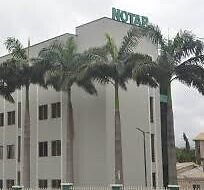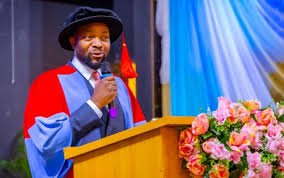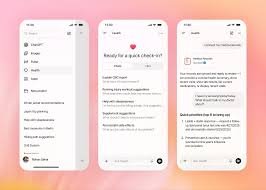Nigeria is set to widen its digital trade and innovation landscape through the Digital Cooperation Organization (DCO), following the launch of the Model Digital Economy Agreement (MDEA). The pact, unveiled during the group’s first ministerial session, offers a new framework for cross-border digital growth.
The MDEA outlines rules across 12 policy areas, ranging from data flows and digital payments to artificial intelligence and small business inclusion. According to the DCO, the agreement could unlock over $2.1 billion in extra intra-DCO digital trade each year, mostly through digitally delivered services. Wider spillovers are expected across sectors such as goods and financial technology.
Nigeria’s Place in the DCO
The DCO brings together 16 member states across Africa, Asia, the Middle East, and Europe, including Ghana, Pakistan, Saudi Arabia, and Greece. Nigeria signed on as a founding member in 2021, with a commitment to expand fintech adoption, drive inclusive growth, and promote responsible use of emerging technologies such as AI.
qWith its headquarters in Riyadh, Saudi Arabia, the body operates through a Council of ICT Ministers, with chairmanship rotating between member states. Its agenda is to harmonise digital standards, strengthen cybersecurity cooperation, and support small businesses entering cross-border markets.
What this Means for Nigeria
Nigeria, home to one of Africa’s fastest-growing tech ecosystems, is expected to gain significantly from the pact. Analysts believe that harmonised rules could draw foreign investors to its digital sector while ensuring consumer protection and data security.
The benefits may extend to Nigerian startups and SMEs, which would now have smoother entry into 15 other member states under unified trade rules. Beyond business, the DCO’s focus on youth and women aligns with Nigeria’s demographic strengths, offering more opportunities for its young innovators.







One reply on “Nigeria Looks to Digital Pact for New Trade Gains”
[…] report explains that AI adoption could slash trade costs, lift productivity, and expand GDP by up to 13% worldwide. However, it warns that gains will not be evenly shared. Wealthy countries already enjoy better […]